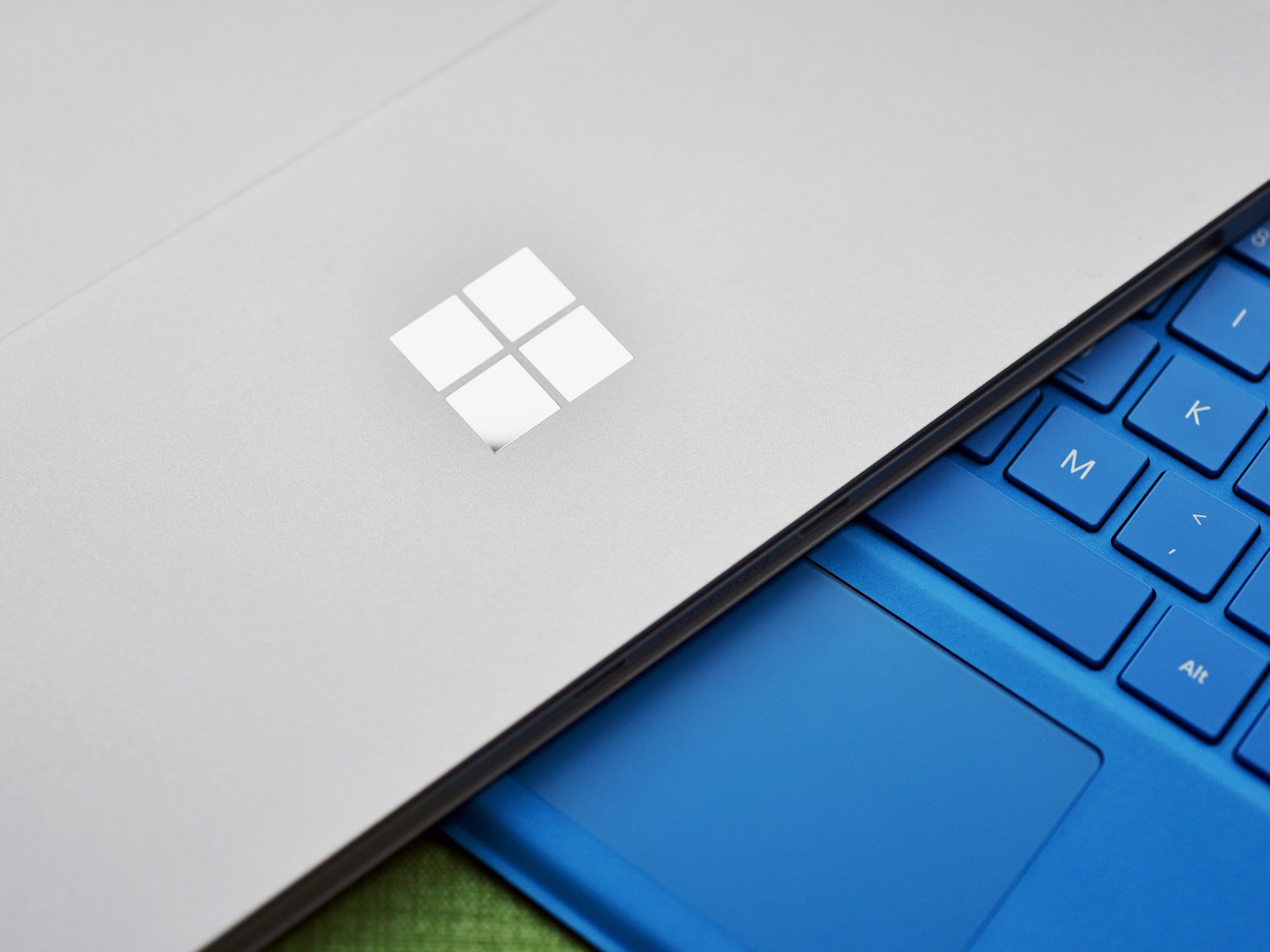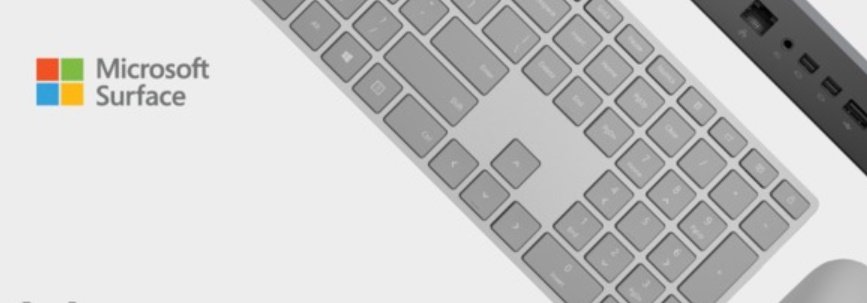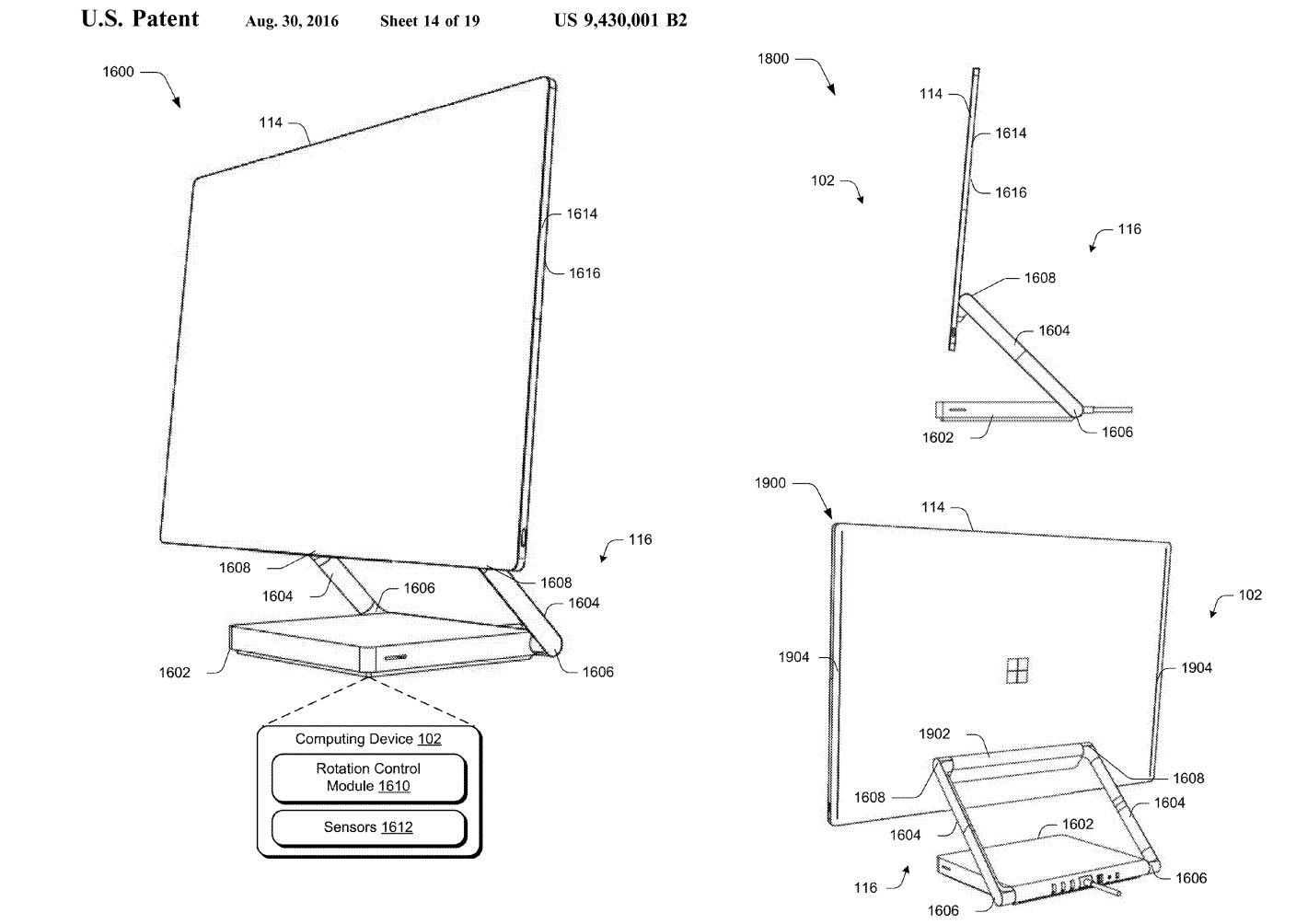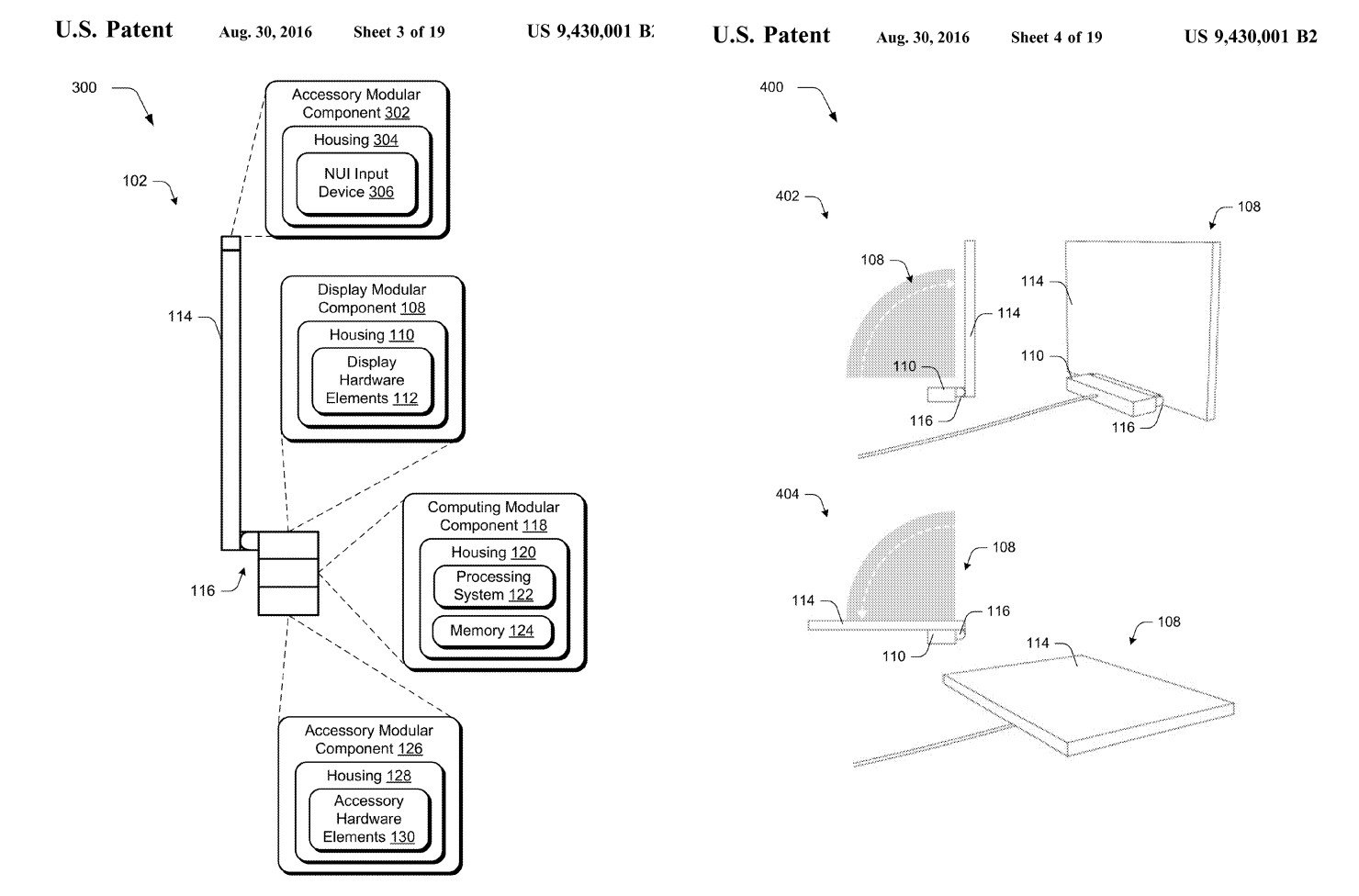Microsoft's new Surface Bluetooth Keyboard gets close to launch with new promo image
A new Microsoft promo image reveals what looks to be the Surface-branded keyboard accessory possibly for the Surface All-in-One.

Last week, a filing at the Bluetooth Special Interest Group site revealed the name of a forthcoming keyboard accessory from Microsoft. Dubbed 'Surface Ergonomic Keyboard' the device received a qualification assessment by SIG on September 25.
The keyboard is thought to be a next-generation version of Microsoft's previous Designer Bluetooth Desktop kit announced in March 2015, which includes a minimalist Bluetooth keyboard and mouse.

We obtained through sourcing a new Microsoft promo image where you can see the new gray colored keyboard that presumably matches the magnesium coloring of the Surface series. The keyboard layout is also slightly different from the existing Designer Bluetooth Desktop kit suggesting this is not just a coloring change.
It should be noted, however, that this keyboard does not look ergonomic at all. There is another, second ergonomic Surface Keyboard coming as well in addition to a Surface Mouse. All will be grey with Bluetooth 4.0 Low Energy.
An announcement for the Surface-branded keyboards could come as early as this week, but definitely this month we are told.
Update: Some more information has been added to this article including confirmation of a second, ergonomic Surface-branded keyboard and Mouse.
Surface AIO connection
Current thinking is that this Surface-branded keyboard could be sold alongside Microsoft's rumored All-in-One Surface PC in addition to being sold separately.
Get the Windows Central Newsletter
All the latest news, reviews, and guides for Windows and Xbox diehards.
We've previously revealed that Microsoft was considering various sizes for the AIO, but new information suggests they have settled on the 27-inch variant for the market (likely with a 4K display).
Numerous sources have confirmed with us that there is also a good chance that a patent filing earlier this year by Microsoft (spotted by MSPU) does reveal the near final design of the device, seen below.

In that patent filing, Microsoft refers to the design for a "modular computing device" with stackable components, rechargeable battery, voice, pen, touch, and even gesture interactions through a built-in camera. The patent filing also discusses the notion of a "central computing device" where "multiple devices are interconnected" to it including a personal computer, a television device, and/or a mobile device. A possible use for it would also be for existing Surface owners who could leverage the AIO as an augmented Surface Dock since, in theory, it would not need a CPU.
These ideas again reinforce our original reporting that whatever the Surface AIO turns out to be it will be positioned as a computer for the home and something likely for the living room.

The modular concept appears to address the biggest limitation of all-in-one PCs, which is their inability to be upgraded or have their core components replaced with newer iterations. By going modular the consumer can enhance, augment, or improve the PC, without ditching the whole unit.
A few PC manufacturers have already been exploring this area including HP and Lenovo.
Microsoft could announce the Surface All-in-One as early as this month. A recent report by ZDNet's Mary Jo Foley also heard by us suggested the company may hold a devices event sometime in New York City at the end of October. At that event, the company may reveal some new Surface-branded hardware while showcasing new devices from their PC partners.

Daniel Rubino is the Editor-in-chief of Windows Central. He is also the head reviewer, podcast co-host, and analyst. He has been covering Microsoft since 2007 when this site was called WMExperts (and later Windows Phone Central). His interests include Windows, laptops, next-gen computing, and wearable tech. He has reviewed laptops for over 10 years and is particularly fond of 2-in-1 convertibles, Arm64 processors, new form factors, and thin-and-light PCs. Before all this tech stuff, he worked on a Ph.D. in linguistics, performed polysomnographs in NYC, and was a motion-picture operator for 17 years.
